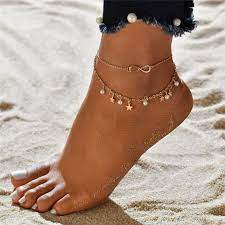History of The Ojuelegba Area In Lagos State
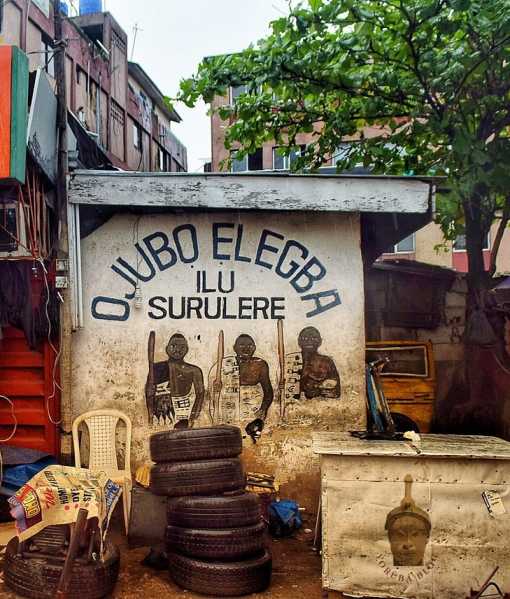

Ojuelegba area in Lagos state is known for its crowded environment in Fela’s 1975 Confusion album. Ojuelegba is regarded as one of the busiest places in Lagos. In this article, we will be narrating the history of the Ojuelegba area of Lagos State and its present state.
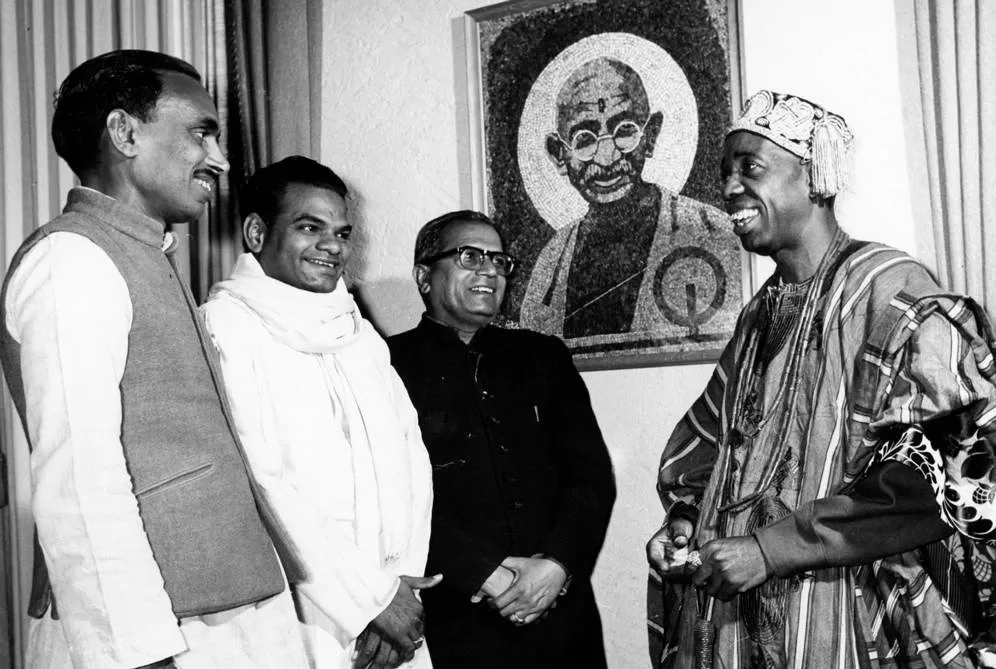



Wizkid, a popular Afrobeat musician, sang a song about ‘Ojuelegba.’ The song shares its title with the metropolitan subsection of Lagos Mainland. It highlights Wizkid’s battles as an up-coming artist, who wandered the streets of Ojuelegba to support his music interest.


What is the meaning of Ojuelegba?
Literally, Ojuelegba means the “eye” or “shrine” of Elegba. It is a suburb in Surulere local government area of Lagos state. It is the site where the sacrifice was made to Esu Elegbara, the Yoruba deity and conjurer figure carrying messages between this world and the celestial sphere.
READ MORE: Top 7 Tallest Statues in Africa
What is the history behind Ojuelegba?
The area known today as Ojuelegba was once a forest, and the consecrated site for the worship of Eshu Elegbua before the existence of urbanization and the British bombardment of Lagos. Eshu Elegbua is also referred to as Legba among the Fon people of Benin Republic, Exu in Brazil, Echu-Elegua in Cuba, Papa Legba in Haiti, and to some African-Americans as Papa La Bas.
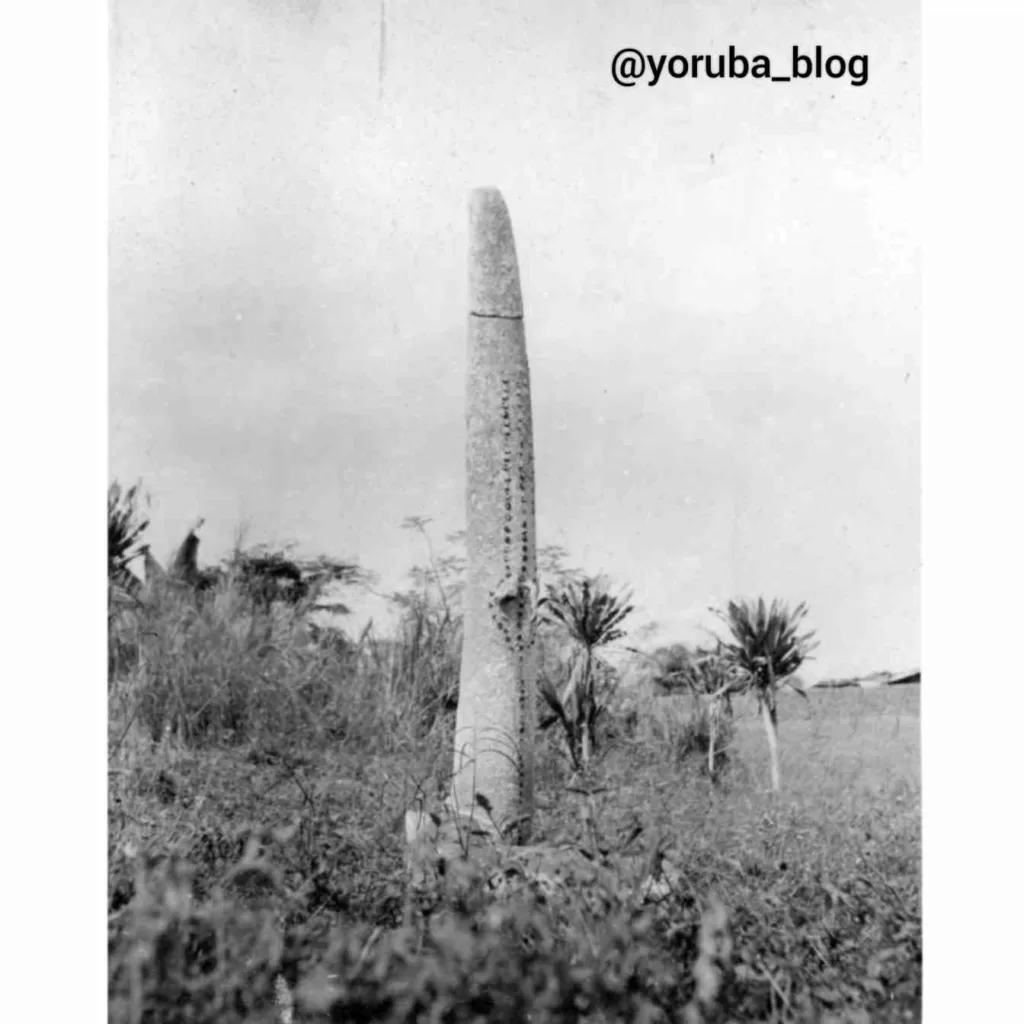

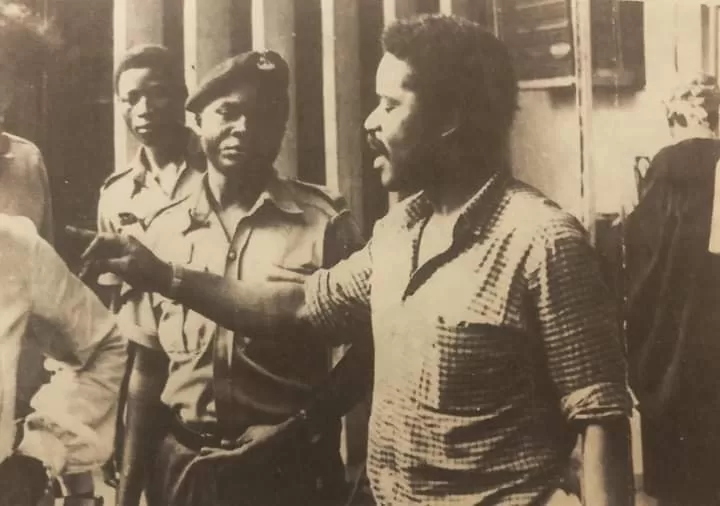

Did you ever wondered why Ojuelegba, a separate town, now a sprawling community in Surulere, has remained notorious as the axis of evil in Lagos State, for as long as humanity in the state can remember? Before the shortened, unified form of the name ‘Ojuelegba’ came to be, it was originally ‘Ojubo-Elegbara’ (the ‘shrine of Elegbara’, who in Yoruba cosmology, means ‘Esu or Devil’ in the English language while ‘Ojubo’ means ‘home or shrine of a deity’).
For those who were in Lagos in the early 6os, up to the late 80s, the town brings the nostalgic liveliness of old Lagos, where things worked, and night crawlers moved freely from one part of the town to another, seeking fun.
READ MORE: 5 Best Places to Live In Lagos
How did Ojuelegba town get its name?
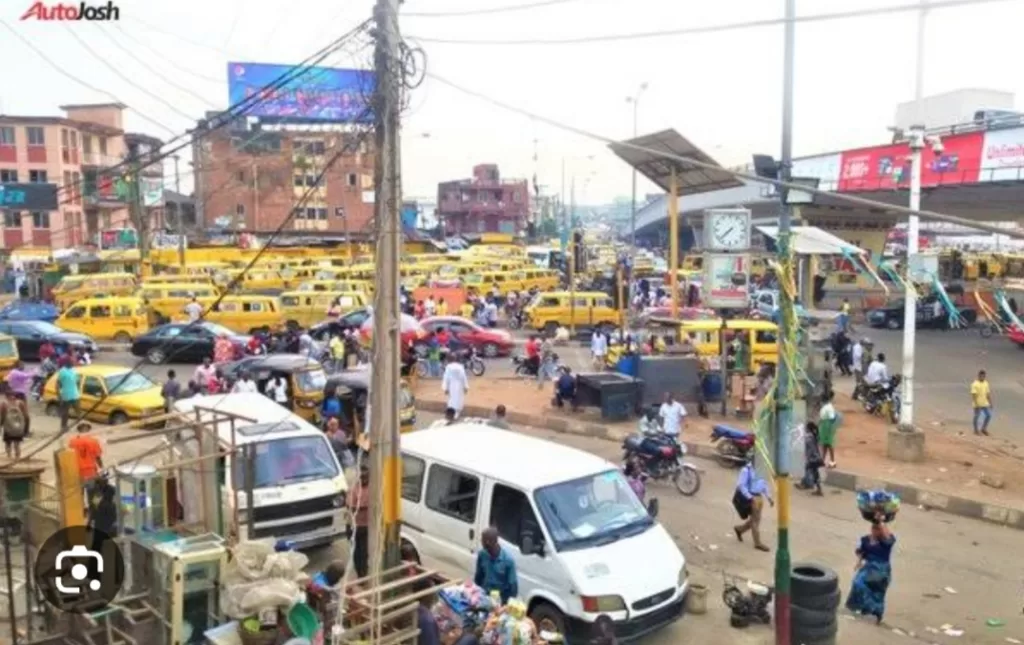

In a study conducted by Jeremy Weate and Bibi Bakare Yusuf titled “Ojuelegba, the Sacred Profanities of a West African Crossroad,” Esu has always been the principal deity of the original land owners of Lagos, the Aworis.
READ MORE: The Story Behind Nigerian Pidgin Language and Its Origin
The researchers discovered that Ojuelegba was the consecrated site for the worship of Esu.
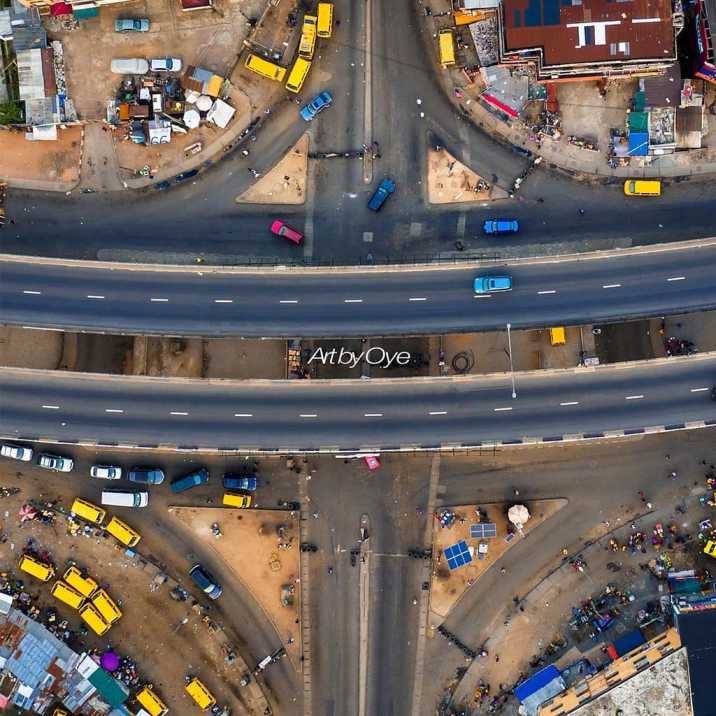

Before urbanisation, Ojuelegba had the “stone” of atonement, made of lateritic earth with cowrie shells marking the eyes and mouth of Esu in which cult officials pour daily offerings of palm oil to maintain’s Esu’s problematic coolness.
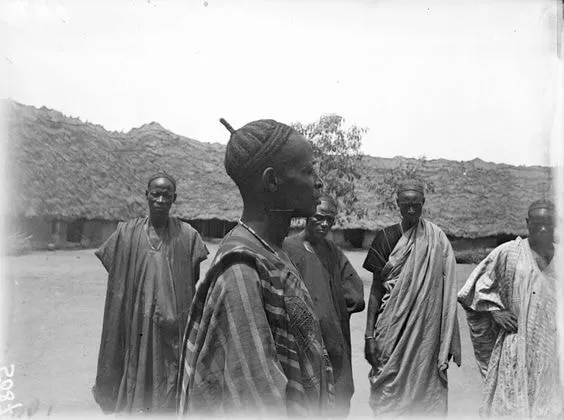

With the increment in congestion at Ojuelegba, Elegba cult officials decided to move the shrine to its current site on Apapa road, where the worship of Esu goes on to this day in relative peace, and the descendants of the Awori fishermen remain at their trade.
Till today, every Sunday, devotees of Elegba (no longer purely Aworis) congregate to worship the god of the threshold.
READ MORE: 5 Amazing Similarities Between The Yourba and The Korean Cultures
What is the connection between Ojuelegba and Fela Kuti?
Ojuelegba changed for its boisterous nightlife around the 80s and 90s, connecting partygoers to Fela Kuti’s Moshalashi Shrine on Agege Motor Road and to the red light district beginning in Ayilara Avenue through the parts of Clegg Street.
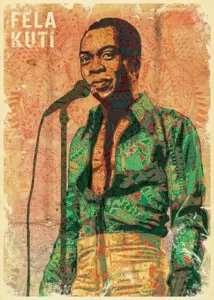

Fela’s song, ‘Confusion in 1975 immortalised Ojuelegba.
‘For Ojuelegba, for Ojuelagba
Moto dey come from south
Moto dey come from north
Moto dey come east
Moto dey come from West
And policeman no dey for center
Na confusion be dat oo
Na confusion be dat oo’
Currently, how does Ojuelegba town look?
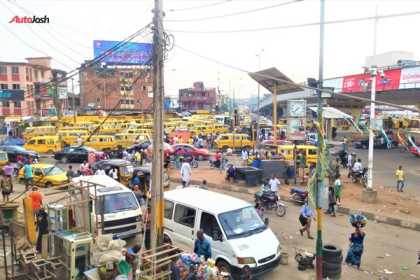

This town is famous for being a crowded and busy neighborhood. It is arguably one of the busiest places in Lagos.
The residents do not enjoy the serenity and steadiness that is experienced in some other areas in Lagos. The houses in Ojuelegba are mostly old although there are a few structures built with modern designs in recent times.
READ MORE: See The 5 Popular Masquerades in Yourbaland
The greater occupants in Ojuelegba are lower and middle-income earners who mostly work on the mainland. The inhabitants of Ojuelegba are of different classes and ages. There are quite a number of small thriving business owners present in the area.
The well-known streets in Ojuelegba include Ayilara Street, Cole Street, Haastrup Street, Ibidun Street, Karimu Street, Apena Street, Shifawu Street, and others.
The town is a transport node on the mainland that connects Lagos Island with the city. Similarly functioning as a connecting point for commuters, the crossover also provides links to people in Surulere, Yaba, and Mushin districts.
The Ojuelegba Area in Lagos State
FAQs About Ojuelegba Area
1. Which local government is Ojuelegba in Lagos State?
Ojuelegba is a suburb in Surulere local government area of Lagos State.
2. What are the names of the streets in Ojuelegba?
Popular streets in Ojuelegba include Ayilara Street, Cole Street, Haastrup Street, Ibidun Street, Karimu Street, Apena Street, Shifawu Street, and others.
3. What does Ojuelegba mean in Nigerian?
‘Ojú-Ìbọ Elégba’ from whence the town’s name was coined Ojú-elégba (meaning eyes of Elegba or the Shrine of Elegba).
4. Who are the real indigene of Lagos State?
Every parcel of land has its own history. Lagos has its own history and the original inhabitants of Lagos – the Aworis – settled over 500 years ago.
5. Which LGA is Surulere under?
Surulere is a residential and commercial Local Government Area located on the mainland of Lagos in Lagos State, Nigeria, with an area of 23 km2 (8.9 sq mi).
6. Is Ojuelegba Yoruba?
Before the shortened, funkified form of the name ‘Ojuelegba’ came to be, it was originally Ojubo-Elegbara (the shrine of Elegbara, who in Yoruba cosmology, means esu or Devil in English language while Ojubo means home or shrine of a deity).
7. Who is the first person to live in Lagos?
Lagos was originally inhabited by the Awori subgroup of the Yoruba people in the 15th century, who called it “Oko”. Under the leadership of the Oloye Olofin, the Awori moved to an island now called Iddo and then to the larger Lagos Island.

